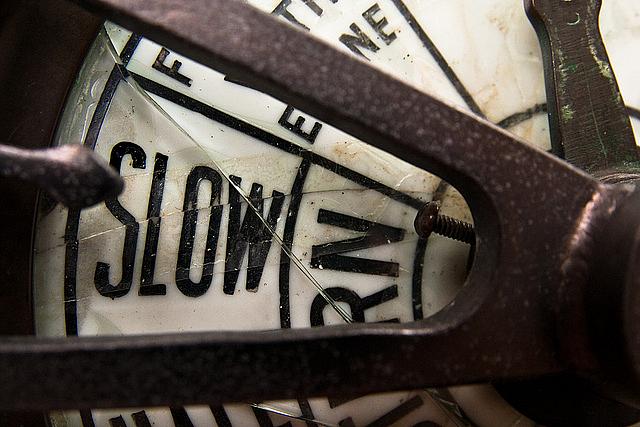The Shadow Practice: Medical Board takes license years after warning signs

We love fill-the-screen action movies in America. And we can measure time by the number of film sequels that have been made. The first three “Star Wars” films spanned 1977 to 1983. “The Matrix” films lasted from 1999 to 2003.
In April 2010, “The Hunger Games” was a popular book series with no film. That month, I first wrote about Dr. Scott Bickman being implicated by the U.S. Drug Enforcement Administration in a scheme to pass truckloads of hydrocodone painkillers through a clinic in Santa Ana.
The DEA took notice when Bickman – an anesthesiologist typically in the operating room rather than sitting with patients and writing prescriptions – became the sixth highest prescriber of hydrocodone in California. Eventually, in 2011, the DEA took action by stripping Bickman of his ability to prescribe addictive drugs.
But Bickman remained fully licensed in California. The medical board started investigating him in late 2012 but did not take his license away until just last month, according to Medical Board of California records.
The long delay has implications both for the public and for Bickman. If he posed enough of a threat to the public that he deserved to be given a severe penalty by the DEA, then it begs the question of why the medical board would not at least file an accusation to get to the bottom of what actually happened at the painkiller clinic. But if Bickman was faultless and posed no threat to anyone, then the specter of a medical board action looming over him for two years doesn’t seem fair, either.
To understand how slowly the Medical Board of California can move, consider “The Hunger Games” series.
Four years has passed since the medical board should have been aware of Bickman’s involvement in the pain-pill mill in Anaheim Hills. In just three years, Hollywood has managed to produce three multi-million-dollar “Hunger Games” films with a fourth at the ready for release next year. And yet, up in Sacramento, Bickman’s case has trundled along as if there were no real hurry to get to the bottom of whether he did all these horrible things the DEA had accused him of.
There were previous red flags as well – Bickman already had served a probationary stint starting in 2006 after a patient died in his care.
In 2011, before the medical board filed new charges against Bickman, I asked him about his troubled history. He shared his thoughts candidly and more comprehensively than most other disciplined doctors I have interviewed. (You can read his responses over three posts.)
Bickman took the medical board’s inaction as vindication. I asked him in 2011 why he had allowed another physician, Dr. Harrell Robinson, to use his DEA registration number to order painkillers, and this is what he said:
Why do you think the medical board didn't do an investigation into this? They took his license away on nine of 10 counts. They haven't done anything to my license. They said he paid me money to be medical director. They specifically do not say that I sold him my license. If the medical board thought I had done something wrong, why wouldn't they have done something about it?
And he was right. It wasn’t the DEA stripping his ability to prescribe addictive drugs and accusing him of selling his license that undermined him; it was prescribing painkillers to his wife, according to Medical Board of California records. Eventually, the medical board did bring in the DEA history, too.
When I wrote about the latest medical board charges against Bickman in July 2013, I asked him for comment but did not receive a reply. I asked again while preparing this post. If I hear from him, I will let you know.
Through his attorney, Bickman asked the medical board to delay the revocation of his license and reconsider the decision. In an undated document posted to the medical board’s website, the board wrote that Bickman’s petition “is deemed denied by operation of law.”
In about 15 years of reporting on Medical Board of California disciplinary proceedings, I have never seen that particular maneuver. The board confirmed for me this week that, because the clock ran out on Bickman’s case, he has essentially lost his license retroactively back to Halloween.
I’m not certain whether Bickman has another course of action. Other physicians have sued the medical board, including a recent case where a physician was able to get most of the charges against him thrown out.
In addition to the board’s slowness, there’s another interesting thing about this case.
It underscores the disconnect between what happens with physician oversight at the federal level and what happens at the state level. I’ll write more about the medical board’s missed opportunities in this case and others in a future post.
Photo by Steven Depolo via Flickr.
Related posts
Part 1: An insider's view of a painkiller mill and a dangerous clinic
Part 2: DEA let painkillers go underground and undetected
Part 3: Lap-Band clinics are money machines for the owners

